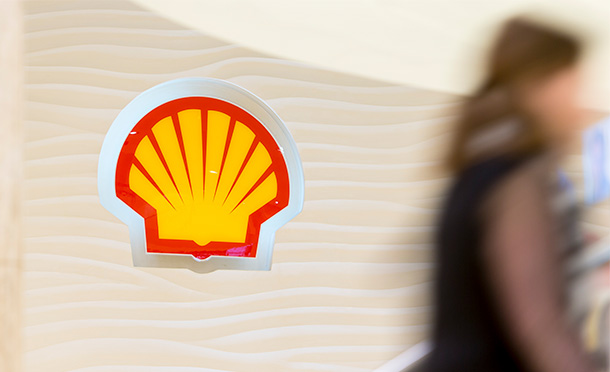Chemicals
|
|
$ million, except where indicated |
|||||
|---|---|---|---|---|---|---|---|
|
2021 |
2020 |
2019 |
||||
Segment earnings [A] |
1,390 |
808 |
478 |
||||
Including: |
|
|
|
||||
Revenue (including inter-segment sales) |
23,355 |
14,571 |
17,485 |
||||
Share of profit of joint ventures and associates |
609 |
567 |
546 |
||||
Interest and other income |
(14) |
— |
(7) |
||||
Operating expenses [B] |
3,335 |
3,235 |
3,430 |
||||
Underlying operating expenses [B] |
3,256 |
3,035 |
3,104 |
||||
Depreciation, depletion and amortisation |
1,520 |
1,116 |
1,074 |
||||
Taxation charge/(credit) |
(41) |
7 |
(2) |
||||
Identified Items [B] |
(364) |
(154) |
(263) |
||||
Adjusted Earnings [B] |
1,753 |
962 |
741 |
||||
Adjusted EBITDA (CCS basis) [B] |
2,959 |
2,131 |
1,891 |
||||
Capital expenditure |
3,504 |
2,608 |
4,068 |
||||
Cash capital expenditure [B] |
3,573 |
2,640 |
4,090 |
||||
Chemical plant utilisation (%) |
78 |
80 |
76 |
||||
Chemicals sales volumes (thousand tonnes) |
14,216 |
15,036 |
15,223 |
||||
|
|||||||
Overview
Our Chemicals business supplies customers with a range of base and intermediate chemicals to make products that people use every day. We also have major manufacturing plants that are located close to refineries, and our own marketing network.
Business conditions
Cracker margins were volatile in 2021. This was because of supply interruptions and demand increases as COVID-19 lockdown restrictions eased. Overall margins were higher than in 2020, except in Asia. Chinese demand recovered quickly from the pandemic, but petrochemical supply was constrained by power restrictions that affected manufacturing centres, logistics issues within China because of COVID-19, and global logistics issues. Asia cracker margins were down slightly from 2020 because of the balance of supply and demand, and rising prices for energy, crude oil and naphtha feedstock. US ethane cracker margins were supported by disruption due to winter storm Uri in February and March and to a lesser extent by interruptions caused by Hurricane Ida in August and September. West European cracker margins were supported by the US weather events and strong domestic demand, which offset rising crude and natural gas prices for the majority of 2021.
The outlook for petrochemical margins in 2022 and beyond depends on feedstock costs and the balance of supply and demand. Demand for petrochemicals will be affected by the spread of COVID-19 as new variants emerge, and the extent of recovery from the pandemic. Supply of petrochemicals will depend on the net capacity effect of new builds and plant closures (taking into account any delays or cancellations in building new plants or closing old ones). Product prices reflect the prices of raw materials, which are closely linked to crude oil and natural gas prices. The balance of all these factors will drive margins.
See “Market overview”.
Chemical plant utilisation
Utilisation is defined as the actual usage of the plants as a percentage of the rated capacity.
Chemicals manufacturing plant utilisation was 78% in 2021 compared with 80% in 2020. The change was mainly because of the impact of Hurricane Ida in the USA in 2021 and an extended turnaround.
Chemicals sales
In 2021, Chemicals sales volumes were 14,216 thousand tonnes, which was 5% lower than 2020 sales volumes of 15,036 thousand tonnes, as a result of the impact of Hurricane Ida in the USA.









